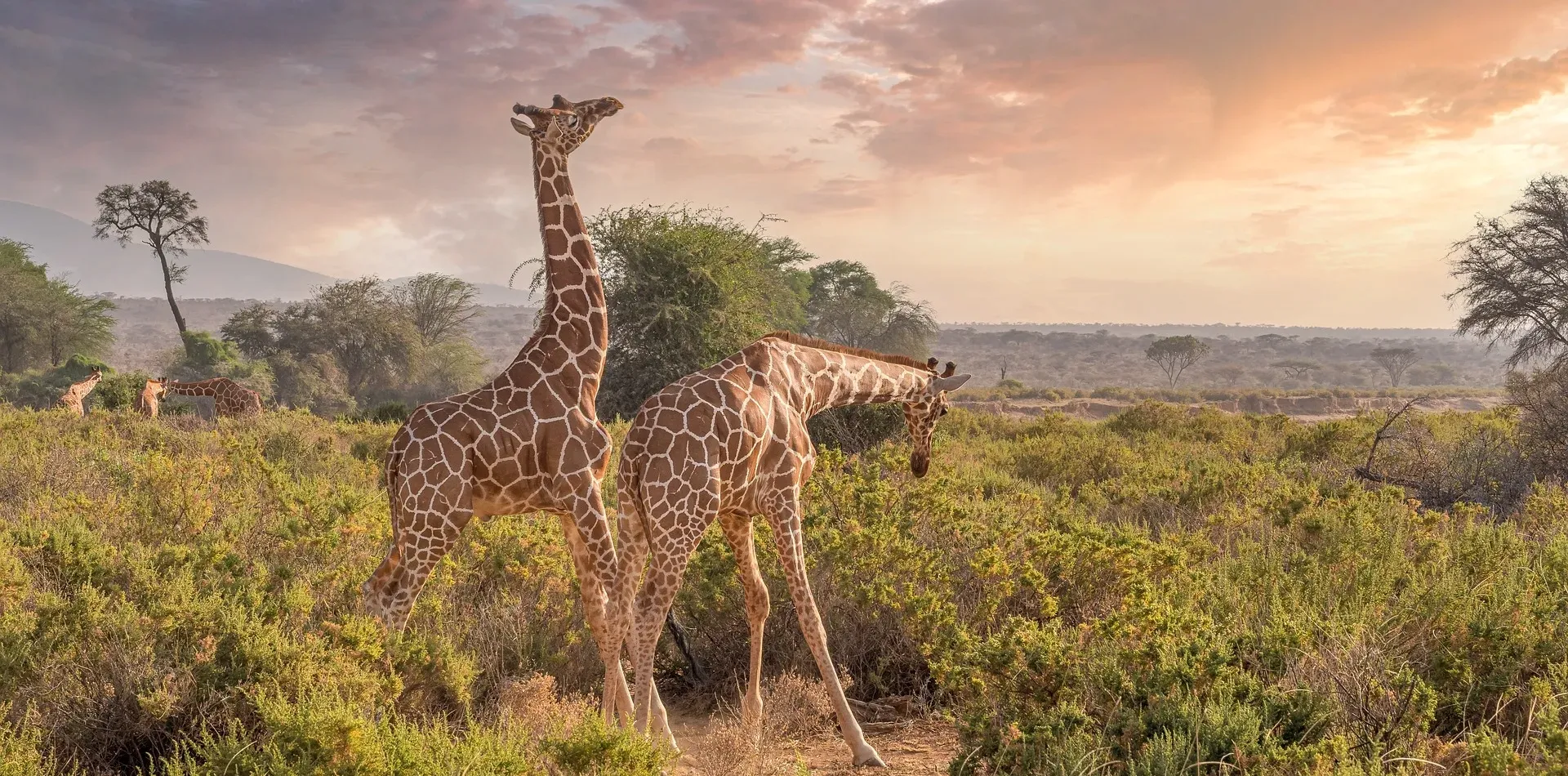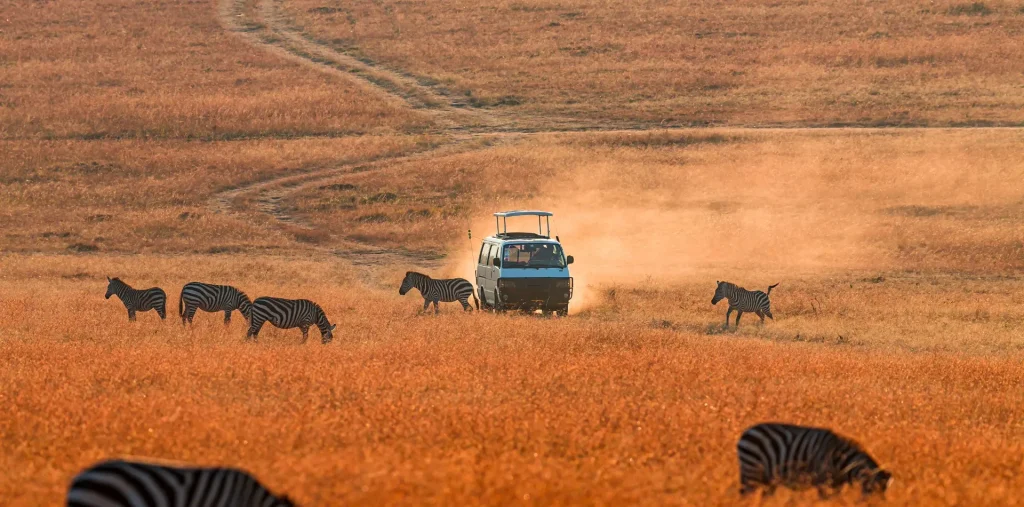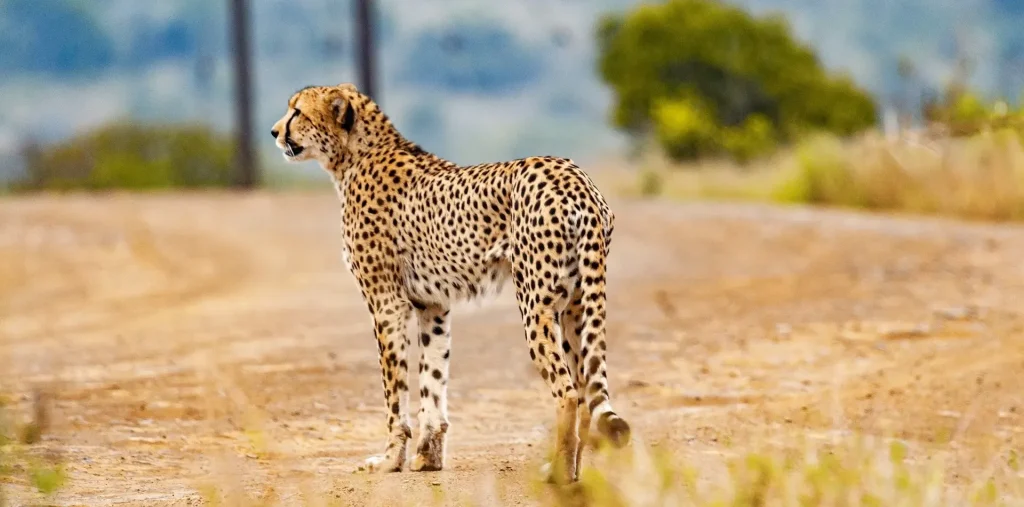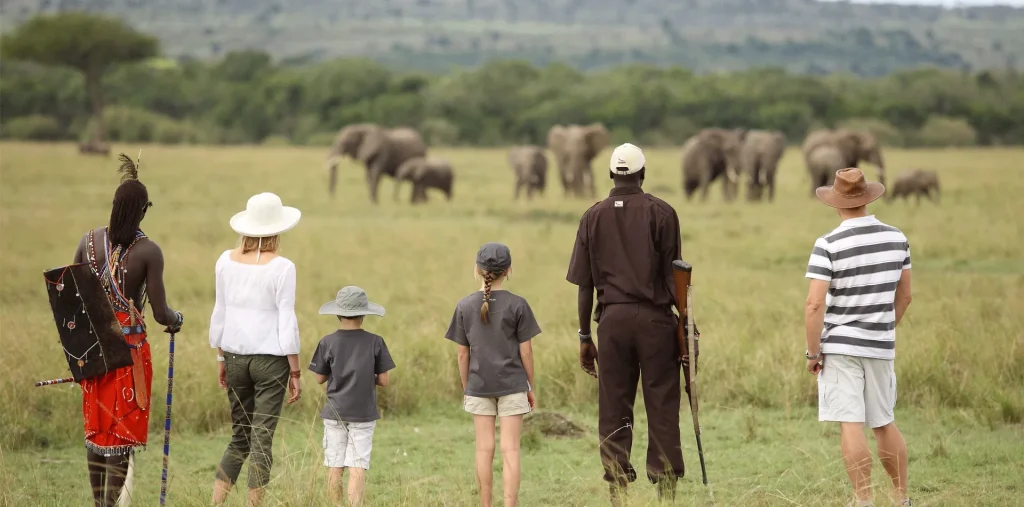Why Kenya is a Leading Destination for Wildlife Conservation Safaris
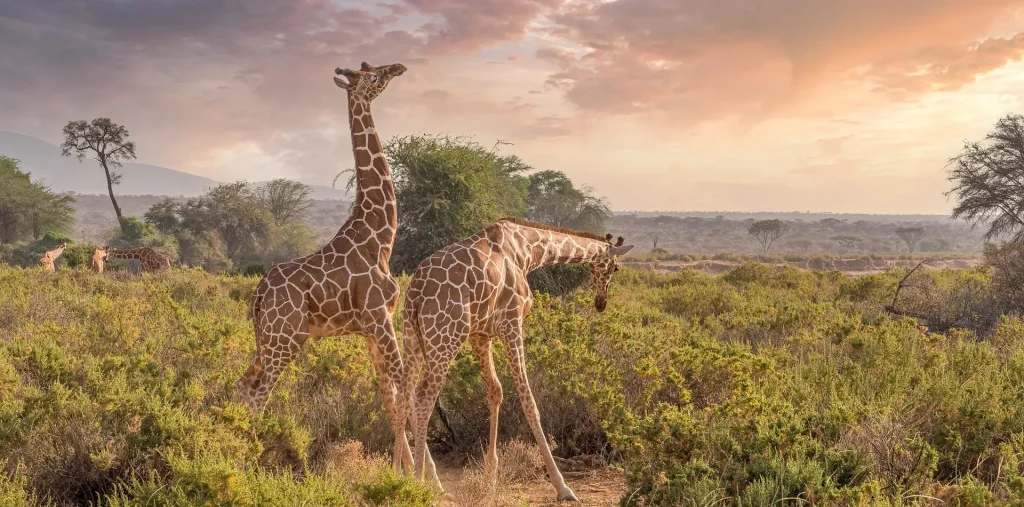
Kenya’s commitment to wildlife conservation goes beyond government policy—it’s embedded in the nation’s identity. Over 50 national parks and reserves, along with numerous private conservancies, protect habitats for elephants, rhinos, lions, cheetahs, and countless bird species. Organizations like the Kenya Wildlife Service (KWS) work tirelessly to enforce anti-poaching laws, manage protected areas, and partner with communities to ensure wildlife protection. This collaborative approach has led to significant conservation wins, making Kenya a global leader in safeguarding nature.
For travelers, Kenya Safari Tours offer the perfect opportunity to experience these conservation efforts firsthand—immersing in breathtaking landscapes, witnessing iconic wildlife, and supporting sustainable tourism that directly benefits local communities and ecosystems.
Conservation Success Stories that Inspire the World
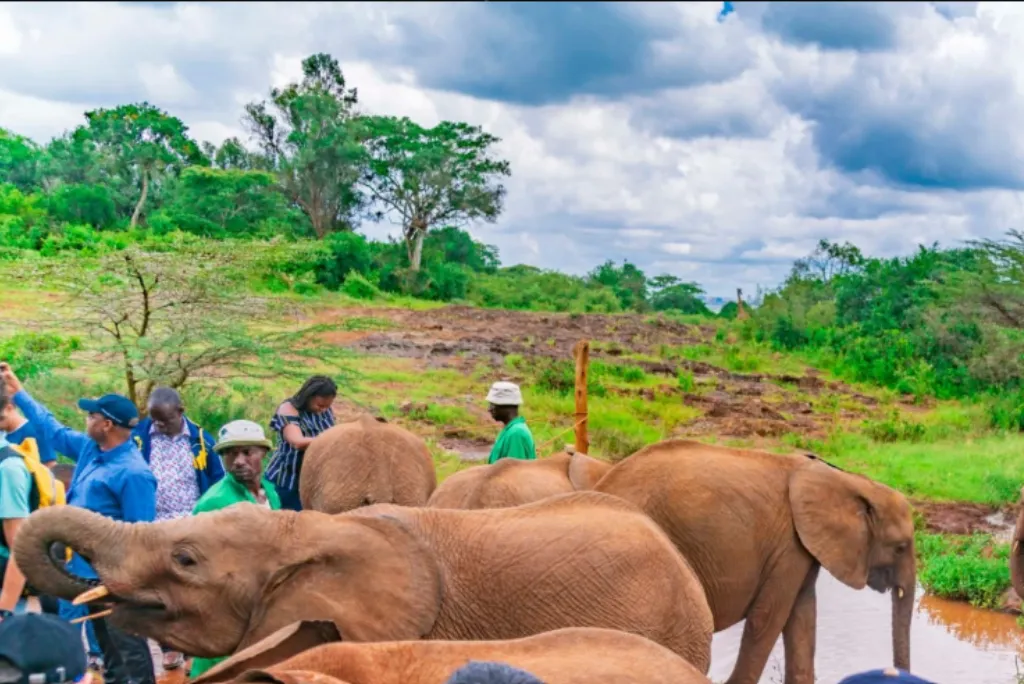
Kenya is home to some of the most famous conservation programs in the world. The Ol Pejeta Conservancy shelters the last two northern white rhinos on Earth and is also a sanctuary for rescued chimpanzees and black rhinos. In Amboseli National Park, elephant research projects have been running for decades, tracking herds and studying behaviors that help inform global conservation strategies. These real-life success stories inspire visitors and demonstrate how sustainable tourism can fuel meaningful change.
Sustainable Safaris – Travel with a Purpose
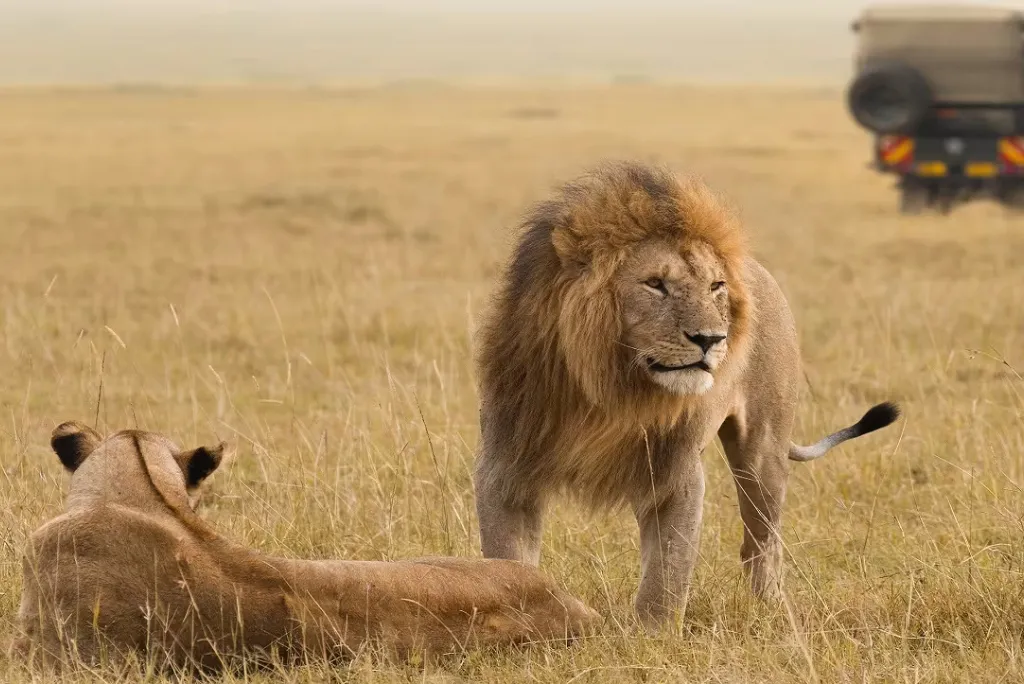
Sustainable safaris in Kenya are designed to benefit both wildlife and local communities. By staying in eco-lodges or community-run conservancies, travelers directly contribute to conservation funding and rural livelihoods. These safaris minimize environmental impact by using solar power, reducing plastic waste, and promoting responsible wildlife viewing. Many tour operators now offer itineraries that blend traditional game drives with hands-on conservation experiences—such as assisting rangers, tracking endangered species, or planting indigenous trees.
Empowering Communities through Conservation
One of Kenya’s biggest achievements in conservation is its community conservancy model. In areas like Laikipia, Samburu Game Reserve, and the Masai Mara Game Reserve, local people manage and protect the land, receiving income from tourism while preserving their culture. This approach ensures that communities see the direct benefits of protecting wildlife. Instead of poaching, locals are employed as guides, trackers, and lodge staff, creating a positive cycle that safeguards both nature and livelihoods.
Unique Conservation Programs for Travelers
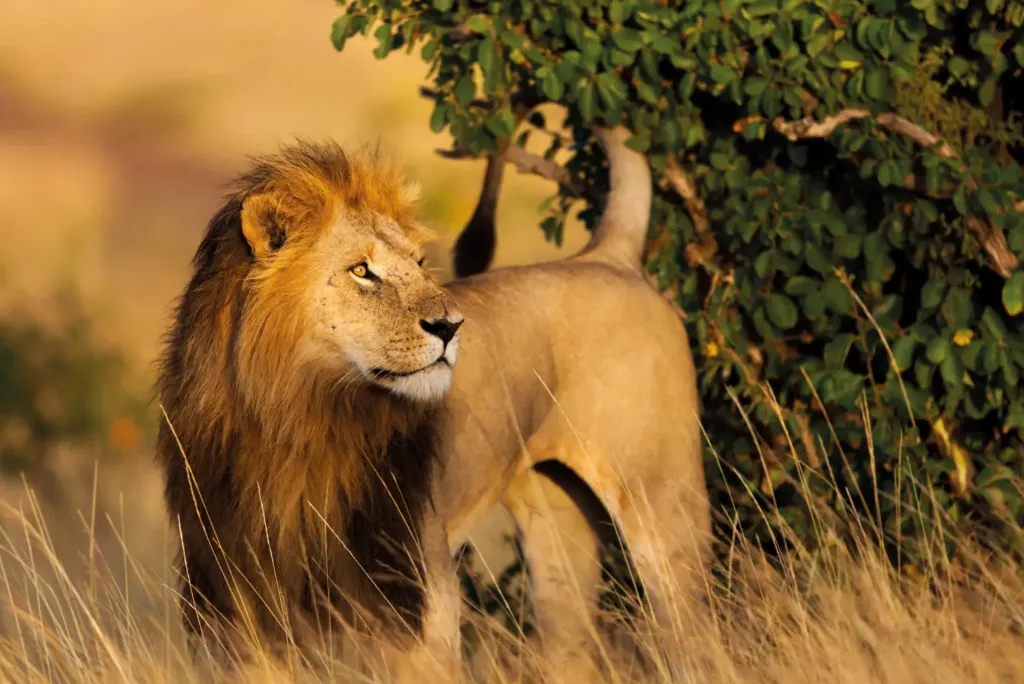
Travelers can participate in numerous conservation programs during their Kenya Safari Destination trip. Some of the most popular include elephant orphanage visits at the David Sheldrick Wildlife Trust in Nairobi, rhino tracking experiences in Lewa Wildlife Conservancy, bird conservation projects in Lake Naivasha and the Rift Valley, and marine conservation at the Kenyan coast where coral reefs and sea turtles are protected. These experiences offer a deeper connection to Kenya’s natural heritage, turning a holiday into an investment in the planet’s future.
Safeguarding Kenya’s Endangered Species
Kenya is a haven for some of the world’s most endangered animals. Conservation efforts focus on black and white rhinos, whose populations are slowly increasing thanks to strict anti-poaching measures; the Grevy’s zebra, a rare species found in northern Kenya; the critically endangered hirola antelope; and sea turtles along the Indian Ocean coastline. Every safari and conservation fee helps fund patrols, research, and habitat restoration.
Blending Adventure with Conservation
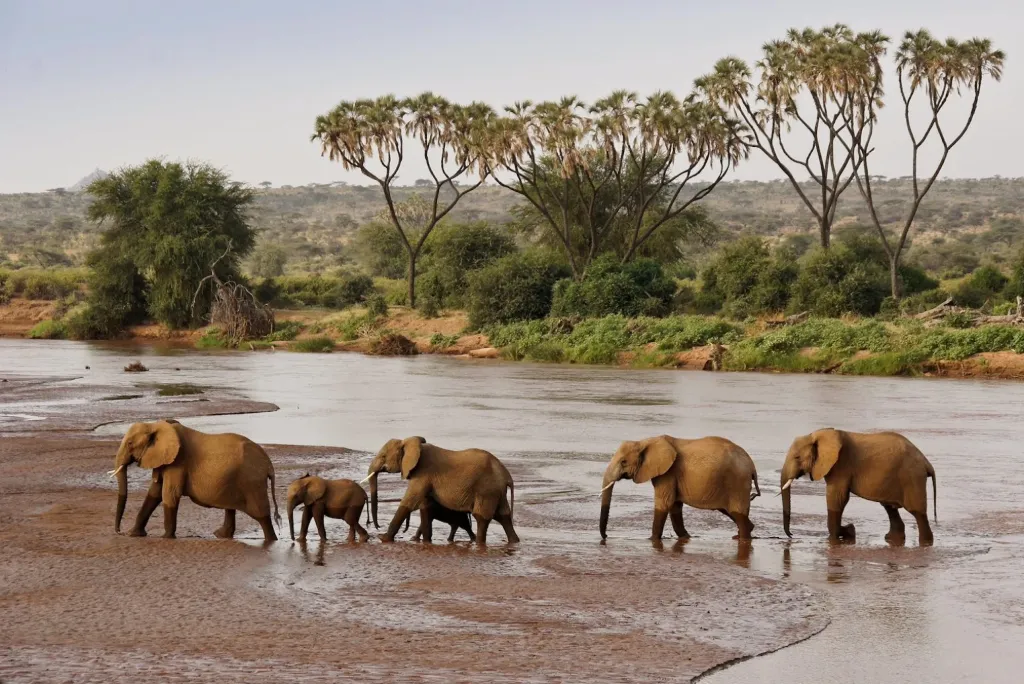
A wildlife conservation Safari In Kenya offers both adventure and purpose. Visitors can track lions at dawn, spend afternoons in Maasai villages learning about traditional coexistence with wildlife, and end the day under a starlit sky knowing they’ve contributed to protecting Africa’s wild spaces.
Kenya – The Beating Heart of African Conservation
From vast landscapes to pioneering conservation programs, Kenya stands as a model for responsible tourism. By choosing sustainable safaris, travelers ensure that future generations will still hear the roar of lions across the savannah and see elephants walking free. Kenya isn’t just a safari destination—it’s a movement to protect Africa’s wildlife for the long term. With Solo Safari Update, adventurers can explore Kenya’s wilderness responsibly while supporting conservation and community-driven tourism.

